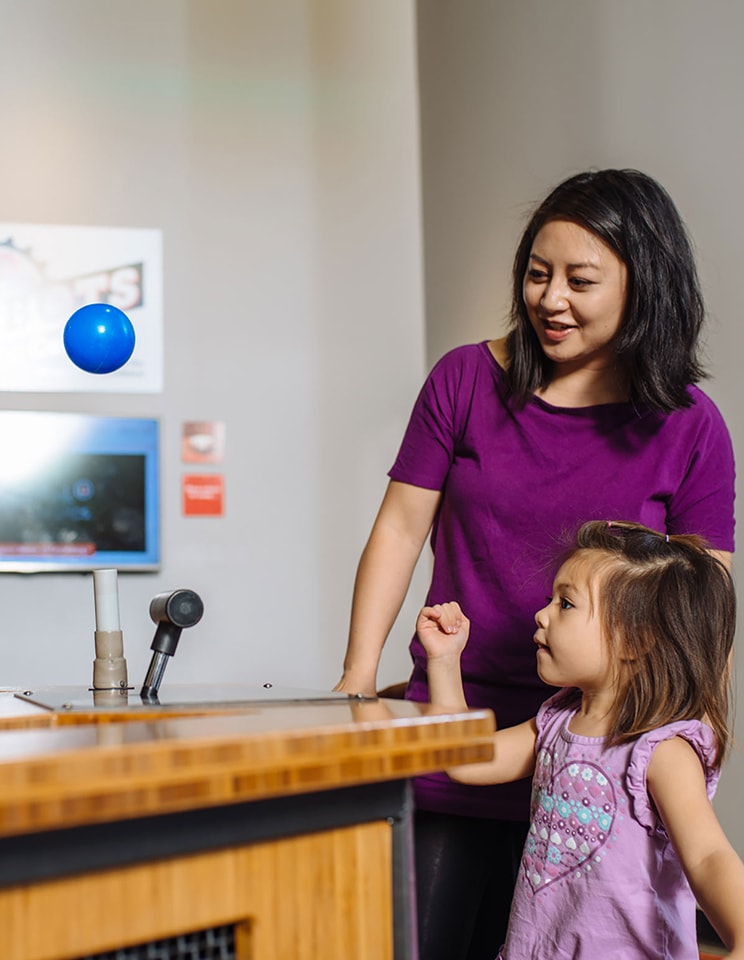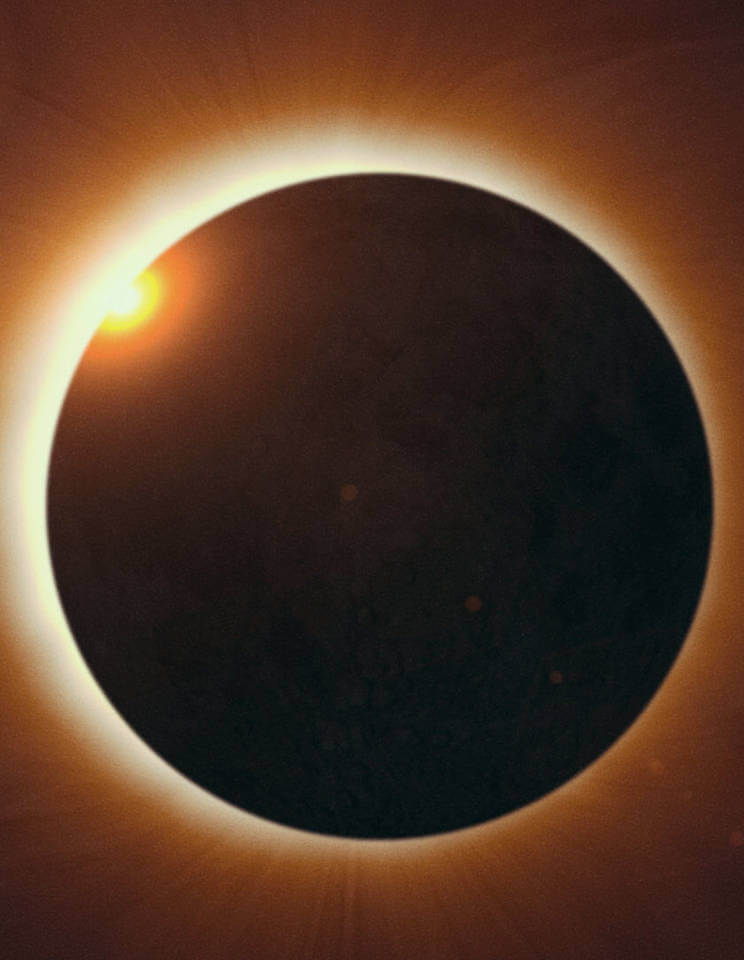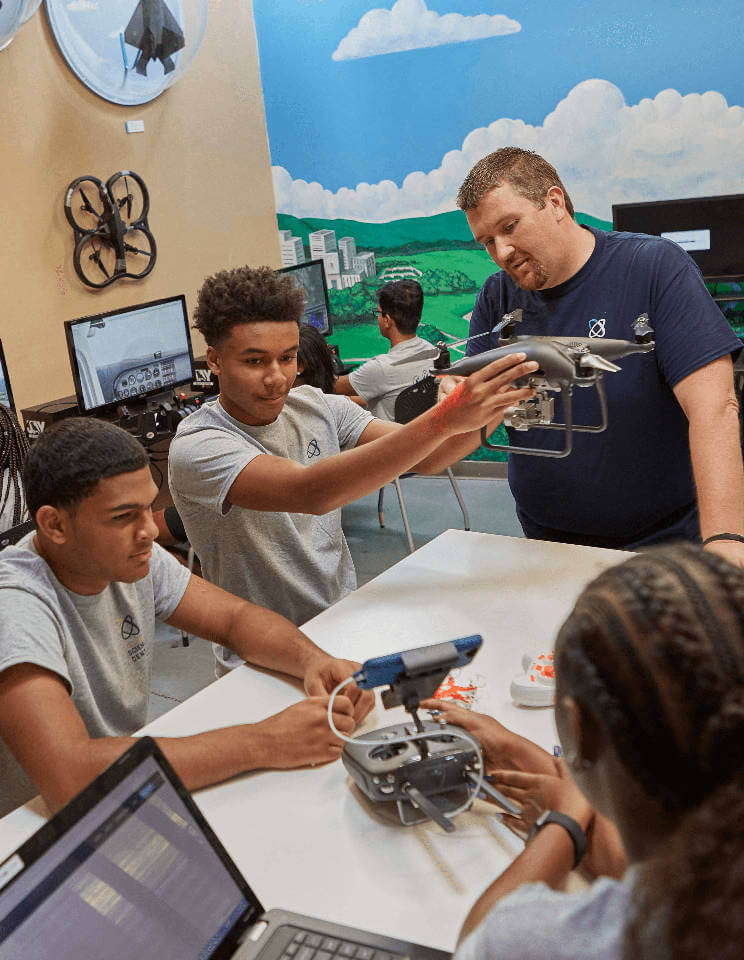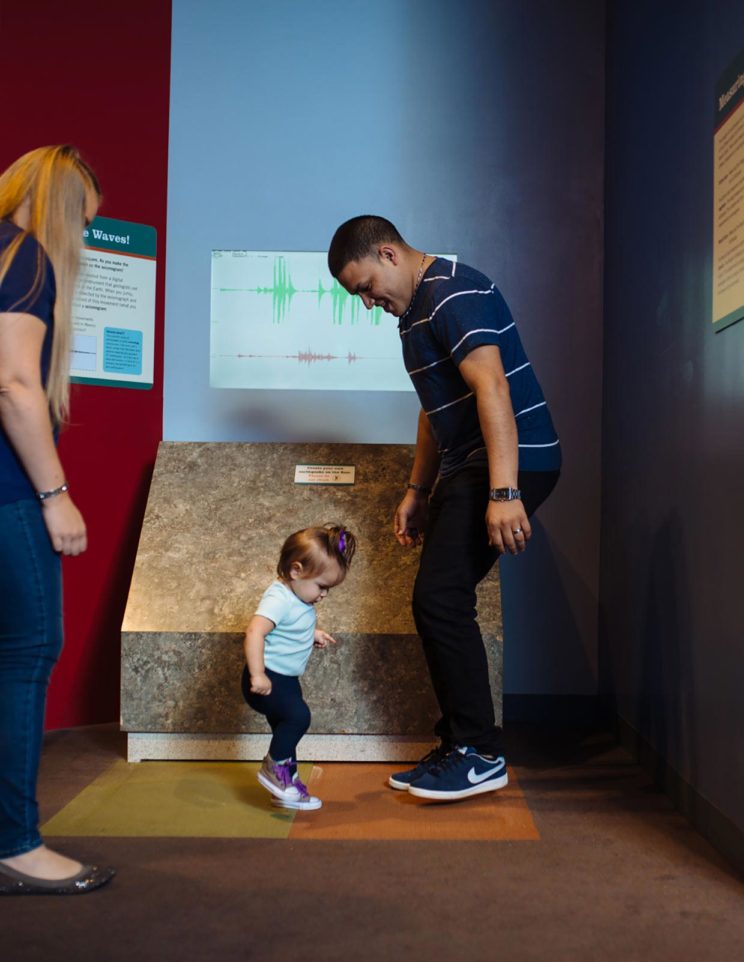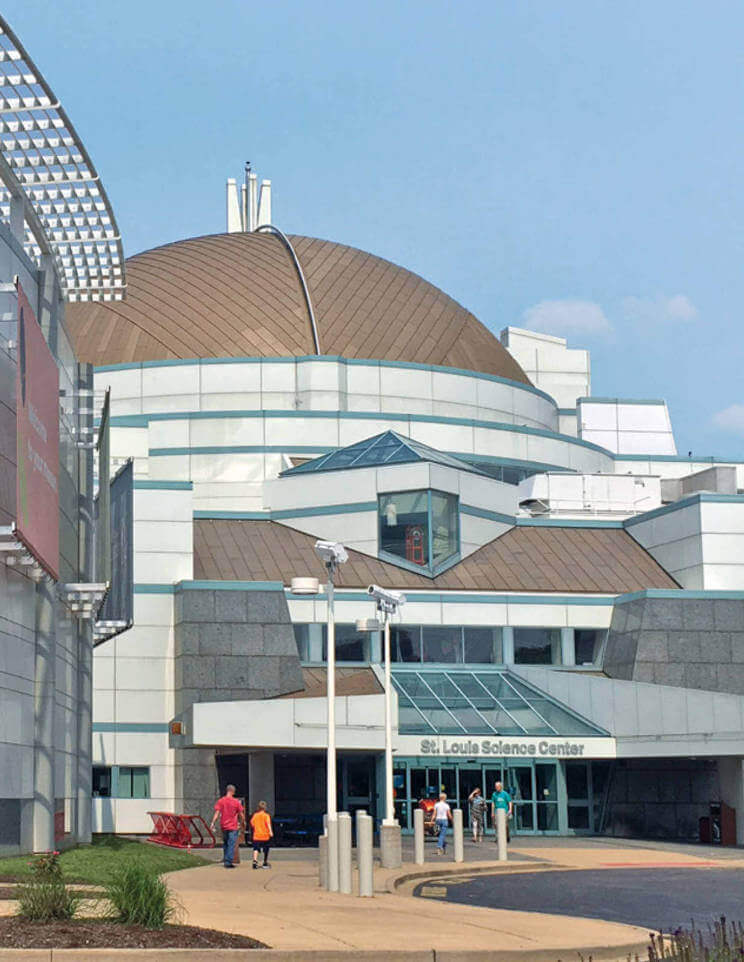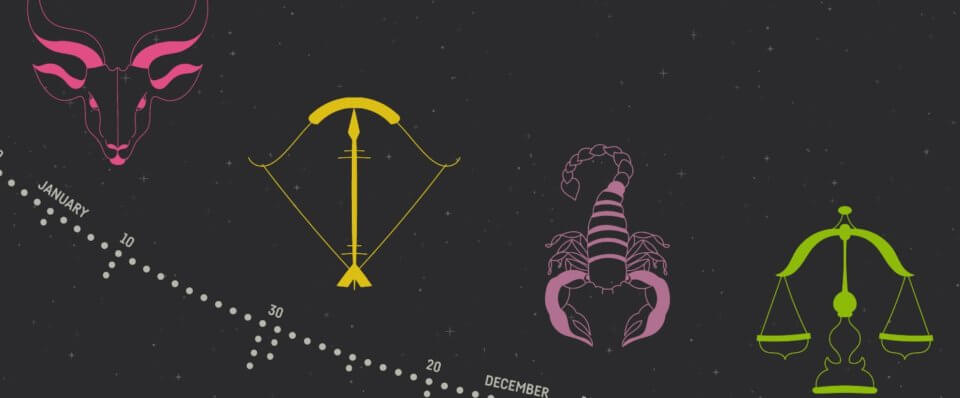Support science for our future. Make a gift to the the Science Center’s Annual Fund to help fund educational programs in the community.
“Science of the Zodiac is our newest live star show produced at the McDonnell Planetarium,” says Will Snyder, Manager of the McDonnell Planetarium at the Saint Louis Science Center. Science of the Zodiac, which recently premiered over Memorial Day weekend, looks at the twelve constellations of the zodiac and asks, what makes these patterns different than any of the others found among the stars?
“The zodiac,” Will explains, “turns out to be a gateway to understanding how the sky works. With the zodiac constellations, we can explore the Moon, the Sun, the planets, and so much more. We also bring in recent discoveries to show that we continue to learn about the nature of space with the help of the zodiac.”
Audience members can expect to go on a tour of the twelve zodiacal constellations to discover how to identify them, the cultural interpretations and history of the zodiac, as well as scientific discoveries made with the zodiac, from the visible planets of our solar system and the path of the Sun to modern findings.

“The zodiac turns out to be a gateway to understanding how the sky works. With the zodiac constellations, we can explore the Moon, the Sun, the planets, and so much more.”
Enhancing that experience is the fact that Science of the Zodiac, like each of the star shows at the McDonnell Planetarium, is presented live, meaning that no two shows are exactly alike.
“Part of what makes our Planetarium special is that every program is a live experience,” Will says. “Rather than show a movie that was produced somewhere else and is the same each time, our live shows allow us to stay current with the daily developments in astronomy and tailor each show to the St. Louis region.” Audiences get to play an active role as the presenter guides them through the program, and each presenter gets to bring his or her own style to the show.
Inspired by the past.
Science of the Zodiac, Will explains, is a show that was inspired by questions he and the Planetarium presenters had received from audiences in the past.
“We commonly get requests from guests to see their zodiac constellation,” he says, “and we set out to build a program that would build upon that interest. The zodiac constellations have broad appeal, and we were excited by the idea of showing people the actual science behind these patterns in the sky.”

“The zodiac constellations have broad appeal, and we were excited by the idea of showing people the actual science behind these patterns in the sky.”
For Will and the Planetarium team, one of the highlights of putting together the new show involved going through the Planetarium’s archives for inspiration. The team looked at previous shows featuring the zodiac and even decided to incorporate into this new program a piece of Planetarium history.
“We decided to open Science of the Zodiac with an excerpt from a 1971 production of the McDonnell Planetarium called Dawning of Aquarius.” Will says, “Fox2 meteorologist Angela Hutti and retired Planetarium producer Hal Donovan lent their voices to help us recreate this excerpt, and it was a blast working with these two great friends of the Planetarium.”
A show full of aha moments.
In developing Science of the Zodiac Will and the team wanted to go beyond the everyday understanding of the zodiac. “[It’s] something that many people are familiar with,” Will says, “but we wanted to do more than just show people a few patterns in the sky.”
Instead, Will and the team aimed to help audiences see why the zodiacal constellations are singled out from the others, and even how cultures came to assign them a special significance. “It turns out that we can do that by simply observing the sky, just like people have done for generations.”
Most people have heard of constellations like Leo, Aries, and Taurus, Will explains, but seldom do we stop to think about why these are better known than others. “Science of the Zodiac allows us to pull back the curtain and show people how these patterns they’ve heard of before have played an important role in humanity’s earliest exploration of the sky.”
Will describes the show as full of aha moments, and he says that the response to the new show has been positive.
“We can already tell that this is a show that inspires people to ask questions once the lights come back up,” Will says. “We love when people come to the console to ask the presenter questions after the show, and this is a program that really gets people thinking and wanting to know more.”
Science of the Zodiac will be at the McDonnell Planetarium through the fall.
Your Support
Support from donors, Science Center members, and Supporting-level members is instrumental in helping the Science Center continue offering connections to science for everyone in our region. If you’d like to show additional support for our mission, please consider donating to the Science Center’s Annual Fund, becoming a member, or becoming a Supporting-level member.
Your Impact
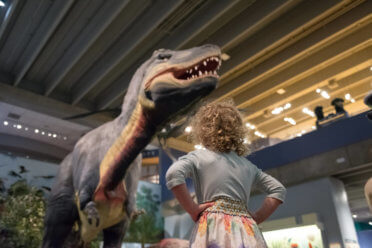
Want to learn more about how the Science Center and its supporters are making a difference for STEAM learning in the St. Louis region?
